An individual working in IT might need to show their expertise set by turning into a Microsoft Certified Solutions Expert (MCSE). In this article, read about the potential advantages of being MCSE certified individual, including that sparkling little visual point for your resume.
Open opportunities to different other areas
MCSE stands for Microsoft Certified Solutions Expert, a certification choice access to IT experts who work with various Microsoft innovations. Certification specializations in corporate structure of the server, private cloud, applications, Share point, data platform and business knowledge. There are various advantages connected with getting an MCSE certification in any of these areas.
Updated skills
Nothing is constant, Technology changes quickly, and experts working in this field need to stay aware of the most recent advancements. Whether you're looking for certification interestingly or redesigning a old certification, getting the MCSE assignment shows you're familiar with the latest Microsoft technologies, for example, servers and operating systems. Gaining an MCSE accreditation can likewise serve as a road to many further skills also.
Remaining Competitive
Getting an MCSE certification helps you to find a job and further ahead in your career in different areas which include computer user or network support, network management, database design and computer systems administration. As per Microsoft, employers regularly utilize MCSE certification to distinguish candidates who have significant abilities and skill for an IT position. Holding one of these qualifications can likewise prompt to higher pay.
Candidates having MCSE certification can also coordinate with other Microsoft professionals and potential businesses through listing in the MCP participation catalog, an asset that can be utilized to connect with potential customers As an MCSE, you'll also receive invitations to training sessions, conferences and special events that help further develop your skills.
Holding Microsoft certifications can help you gain an edge over your peers, colleagues, and fellow students in the long term as well as for short terms. These certificates are acknowledged globally and are better than certifications from unknown computer training institutes. For example, even though DOEACC is an Indian government body, chances are high that DOEACC will not be acknowledged outside India as much as Microsoft’s is known.
 The ISTQB (International Software Testing qualification Board) exemplifies the national training providers and assign them the charge to conduct the examination in their local language. This is practiced because the trainees should learn the things with ease and perform best ion the examination. Moreover, ISTQB foundation level online training proves to be very beneficial for the software testing professionals because it covers all from fundamental to the advanced level of the software testing concept. The ISTQB foundation level training has been segregated into four levels of knowledge:
Level 1: the keywords of the Level1 training of ISTQB foundation course are to recognize, recall, identify, etc. at this level the candidates have to recall and identify the fundamental terminologies and the basic concept of implementation of the knowledge in software testing.
Level2: Compare, categorize and summarize are the keywords of this level; the trainees in this level research on the topics of the course and then present the explanation of software testing concepts. This helps them to analyze their own work and intelligence.
Level3: This level focuses on Implementation and following of the procedure. This is the level where the candidates actually learn the implementation of the knowledge of testing.
Level4: This level makes the trainees analyze the technique of software testing and later on they are capable enough to differenciate between the conjecture of the testing skills and implementation of the intelligence.
Nevertheless, ISTQB foundation level online training provides 24/7 support to the candidates to make them analyze what difference they are making at the workplace after getting ISTQB foundation level certification.
The ISTQB (International Software Testing qualification Board) exemplifies the national training providers and assign them the charge to conduct the examination in their local language. This is practiced because the trainees should learn the things with ease and perform best ion the examination. Moreover, ISTQB foundation level online training proves to be very beneficial for the software testing professionals because it covers all from fundamental to the advanced level of the software testing concept. The ISTQB foundation level training has been segregated into four levels of knowledge:
Level 1: the keywords of the Level1 training of ISTQB foundation course are to recognize, recall, identify, etc. at this level the candidates have to recall and identify the fundamental terminologies and the basic concept of implementation of the knowledge in software testing.
Level2: Compare, categorize and summarize are the keywords of this level; the trainees in this level research on the topics of the course and then present the explanation of software testing concepts. This helps them to analyze their own work and intelligence.
Level3: This level focuses on Implementation and following of the procedure. This is the level where the candidates actually learn the implementation of the knowledge of testing.
Level4: This level makes the trainees analyze the technique of software testing and later on they are capable enough to differenciate between the conjecture of the testing skills and implementation of the intelligence.
Nevertheless, ISTQB foundation level online training provides 24/7 support to the candidates to make them analyze what difference they are making at the workplace after getting ISTQB foundation level certification. 
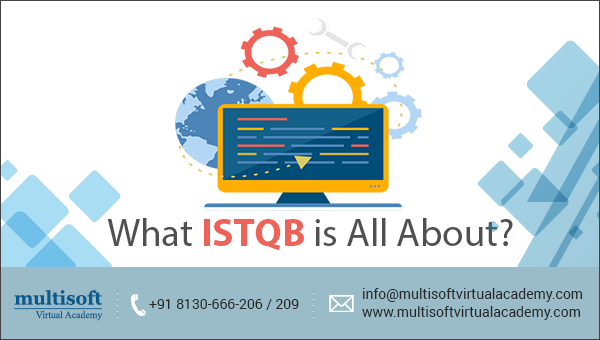

 Let’s have a look at what MVA offers in its Self Learning Courses:
Self- learning courses are very much like on demand courses; in other words, these are more or less related to the projects trainees are dealing with and want to intensify their skill some of them are:
Let’s have a look at what MVA offers in its Self Learning Courses:
Self- learning courses are very much like on demand courses; in other words, these are more or less related to the projects trainees are dealing with and want to intensify their skill some of them are:

 As we have learnt that MATLAB is an important tool for engineers for developing system – level modeling as well as cloning the environment as well; MATLAB is adapted by a majority of the companies in the IT sector, moreover, it has become the necessity to join MATLAB training courses. Though, working people do not have time to join regular classes for advance learning, so MVA has come up with the idea for the MATLAB online course so that the working professionals can be benefitted. As a matter of fact, time is the biggest issue for the working people, thus, MVA provides 24/7 MATLAB training online, which helps the professionals to resolve their queries anytime of the day.
MVA’s MATLAB Training Courses include all the five important elements of the Matrix Laboratory:
As we have learnt that MATLAB is an important tool for engineers for developing system – level modeling as well as cloning the environment as well; MATLAB is adapted by a majority of the companies in the IT sector, moreover, it has become the necessity to join MATLAB training courses. Though, working people do not have time to join regular classes for advance learning, so MVA has come up with the idea for the MATLAB online course so that the working professionals can be benefitted. As a matter of fact, time is the biggest issue for the working people, thus, MVA provides 24/7 MATLAB training online, which helps the professionals to resolve their queries anytime of the day.
MVA’s MATLAB Training Courses include all the five important elements of the Matrix Laboratory:

 If you are seeking a bright future in the IT industry then you have to keeping yourself revised about all the updates. However, we all know that cracking an interview of an MNC is not an easy task to complete, but, as a matter of fact, it requires lots of
If you are seeking a bright future in the IT industry then you have to keeping yourself revised about all the updates. However, we all know that cracking an interview of an MNC is not an easy task to complete, but, as a matter of fact, it requires lots of 
 At the center of this continuous information stage is the SAP HANA database, which is in a general sense unique in relation to some other database motor in the market today. This instructional exercise will show you the essentials of SAP HANA. The instructional exercise is isolated into areas, for example, SAP HANA Basics, SAP HANA-Modeling, Reporting, and SAP HANA-SQL. Each of these areas contains related points with screenshots clarifying the SAP HANA database establishments.
Requirement for SAP HANA
Today, best organizations react rapidly to market changes and new open doors. A key to this is the powerful and effective utilization of information and data by examiner and administrators.
HANA defeats the restrictions said underneath −
At the center of this continuous information stage is the SAP HANA database, which is in a general sense unique in relation to some other database motor in the market today. This instructional exercise will show you the essentials of SAP HANA. The instructional exercise is isolated into areas, for example, SAP HANA Basics, SAP HANA-Modeling, Reporting, and SAP HANA-SQL. Each of these areas contains related points with screenshots clarifying the SAP HANA database establishments.
Requirement for SAP HANA
Today, best organizations react rapidly to market changes and new open doors. A key to this is the powerful and effective utilization of information and data by examiner and administrators.
HANA defeats the restrictions said underneath −


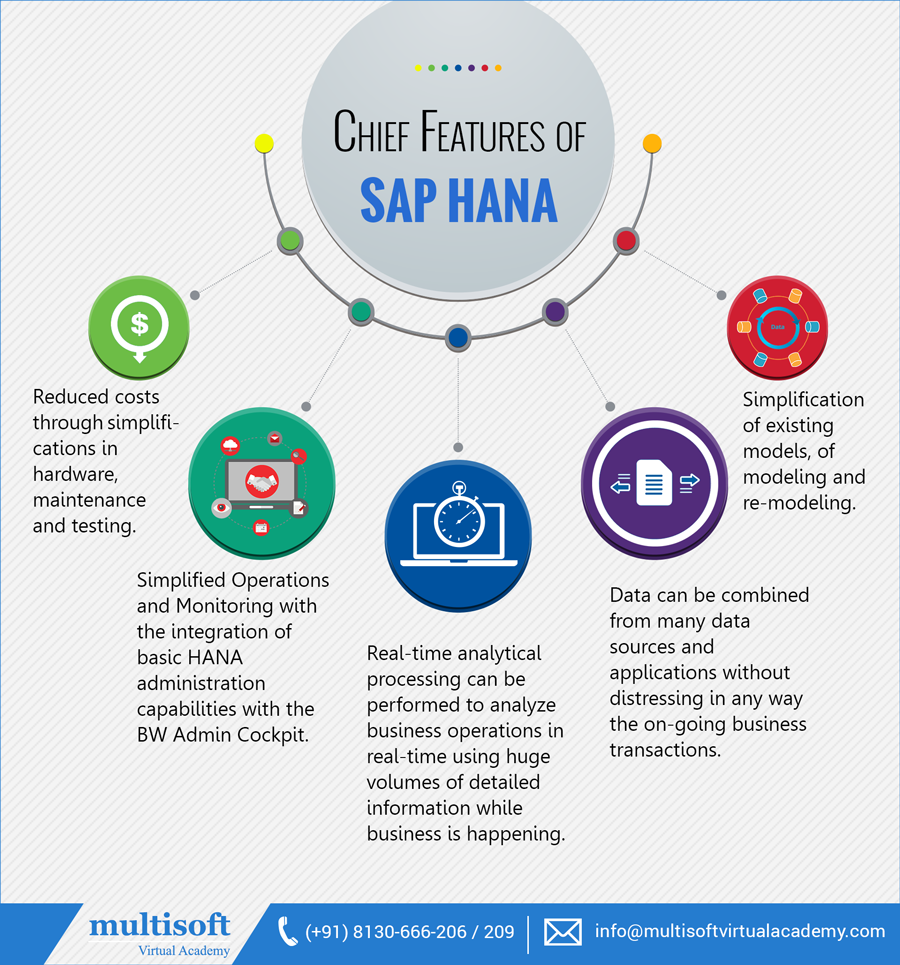


 When you read the syllabus and the prescribe book, test your insight by method for endeavoring some ISTQB taunt exams from test papers that you can discover in the web.
Re Read the aforementioned book once more. Try not to overlook this counsel since it is essential.
Utilize each exertion keeping in mind the end goal to see every one of the terms legitimately! Excessively numerous exam inquiries are based on the learning of terms. This is the base, without which it is difficult to pass the exam. OR You can also consider taking up
When you read the syllabus and the prescribe book, test your insight by method for endeavoring some ISTQB taunt exams from test papers that you can discover in the web.
Re Read the aforementioned book once more. Try not to overlook this counsel since it is essential.
Utilize each exertion keeping in mind the end goal to see every one of the terms legitimately! Excessively numerous exam inquiries are based on the learning of terms. This is the base, without which it is difficult to pass the exam. OR You can also consider taking up 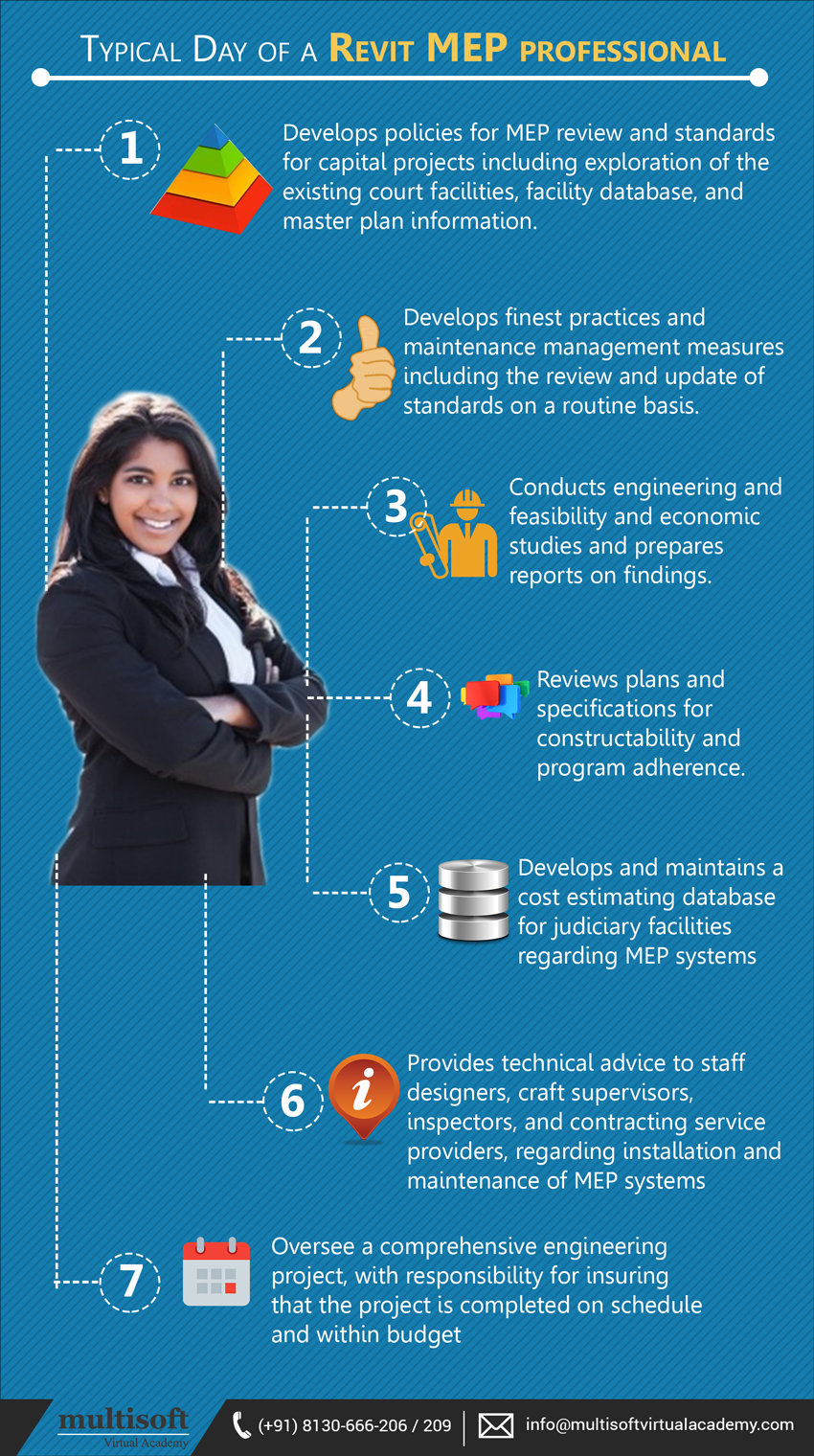

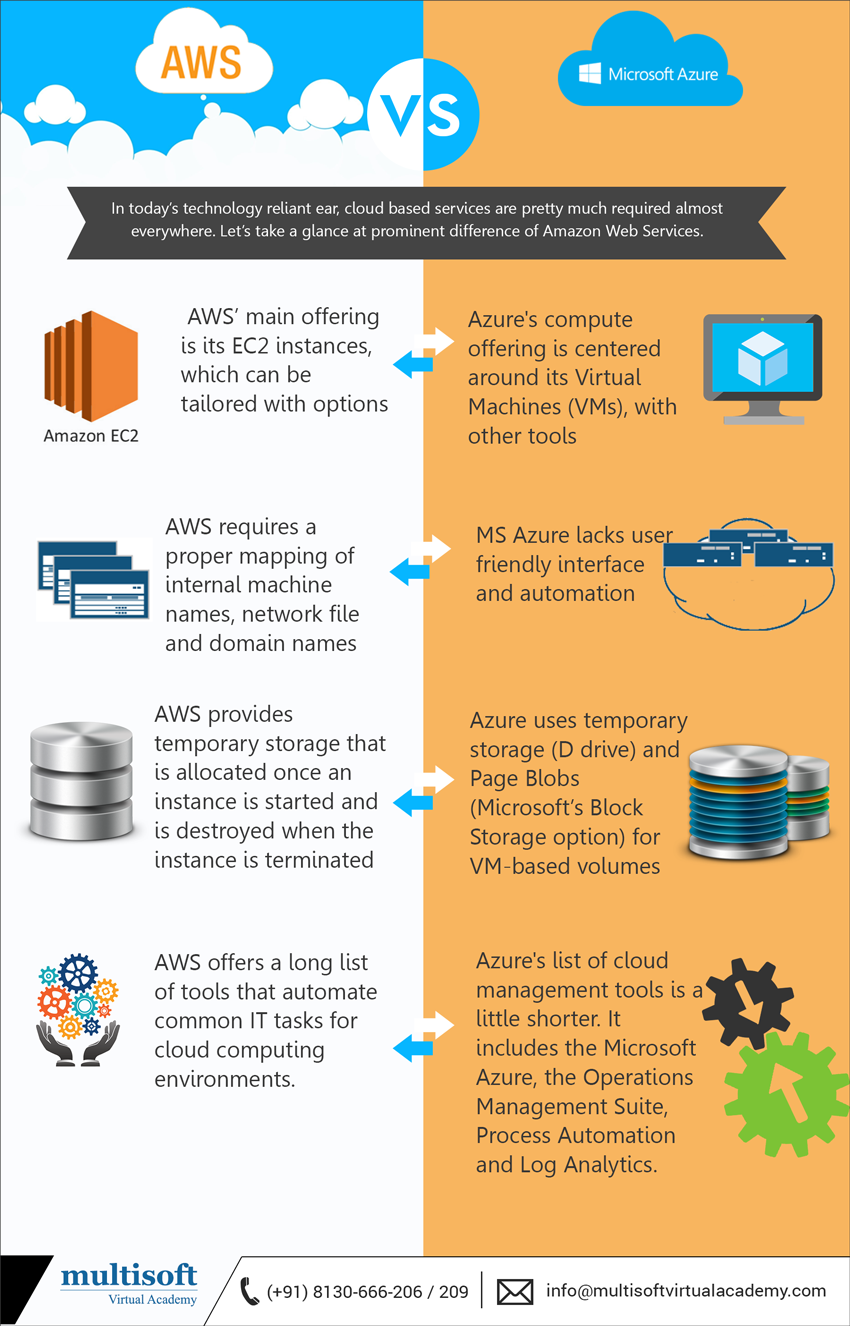



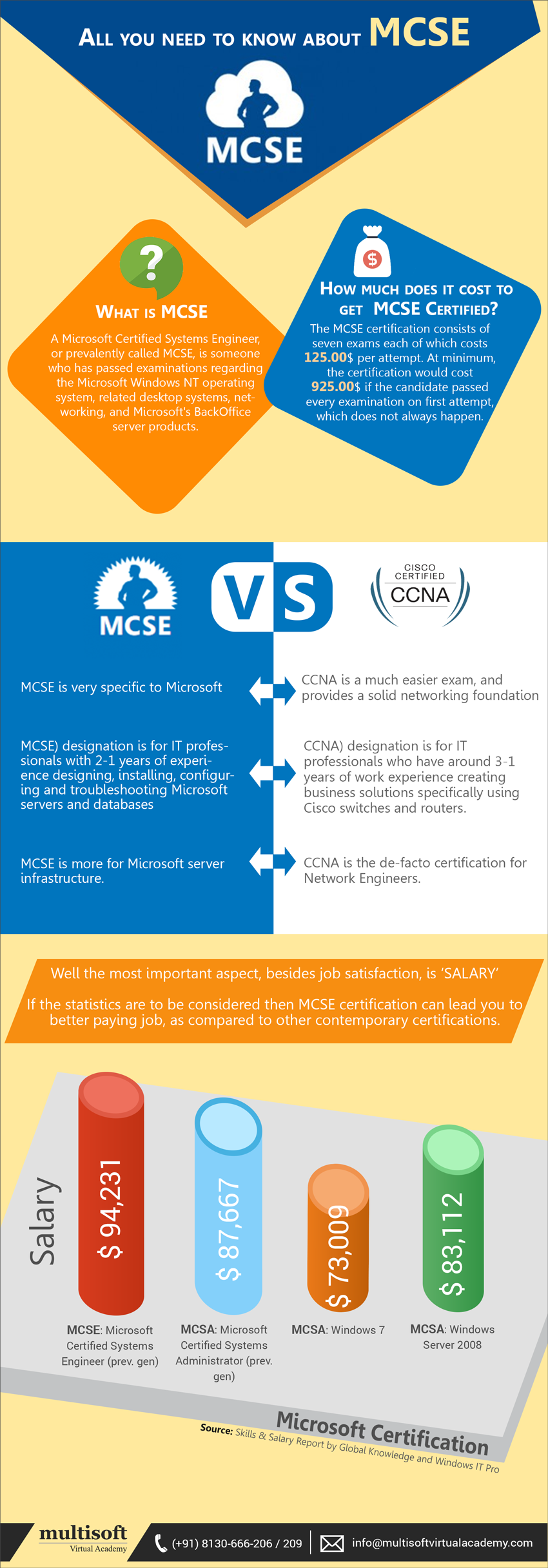



 Microsoft Azure
Microsoft Azure is another comprehensively picked device offered by Microsoft® to serve the
Microsoft Azure
Microsoft Azure is another comprehensively picked device offered by Microsoft® to serve the 
 Individuals who have AWS certification or who have undergone
Individuals who have AWS certification or who have undergone 


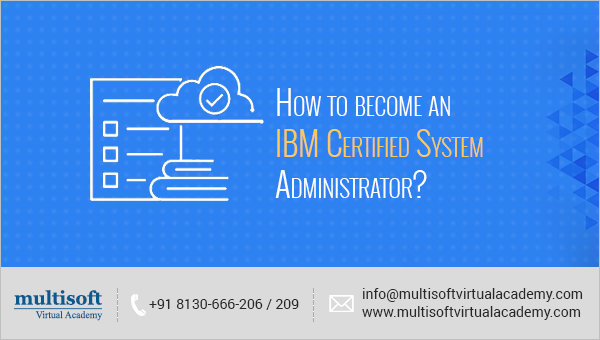





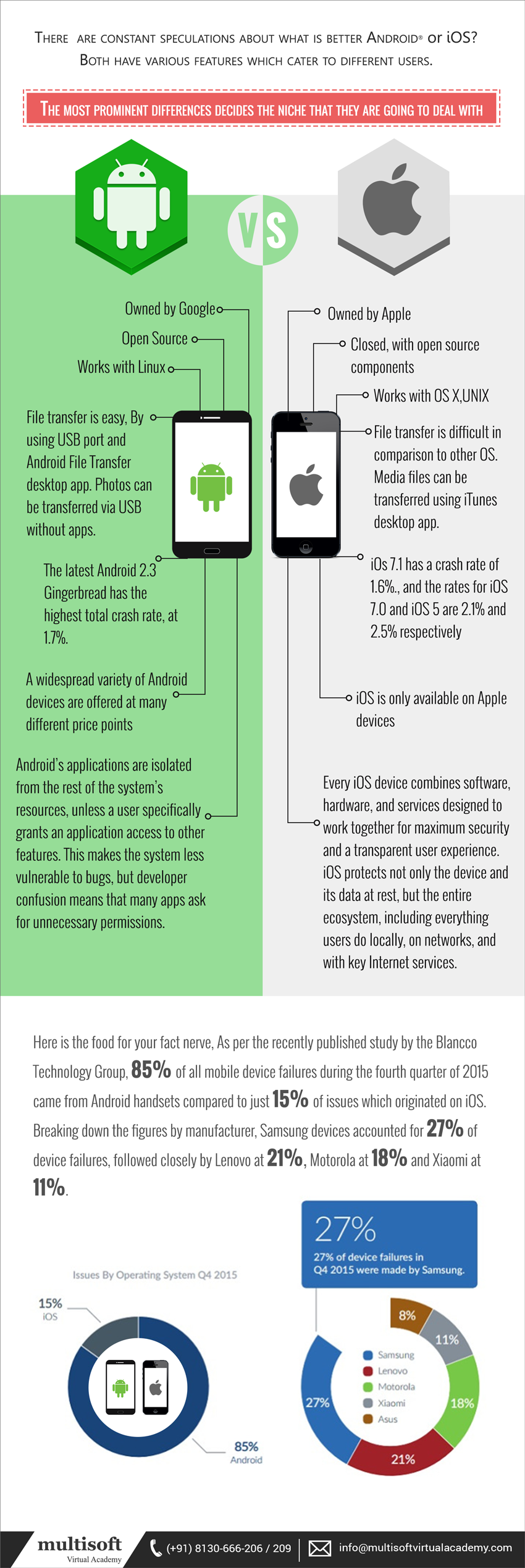


 Join our Live Instructor-Led online classes delivered by industry experts
Join our Live Instructor-Led online classes delivered by industry experts